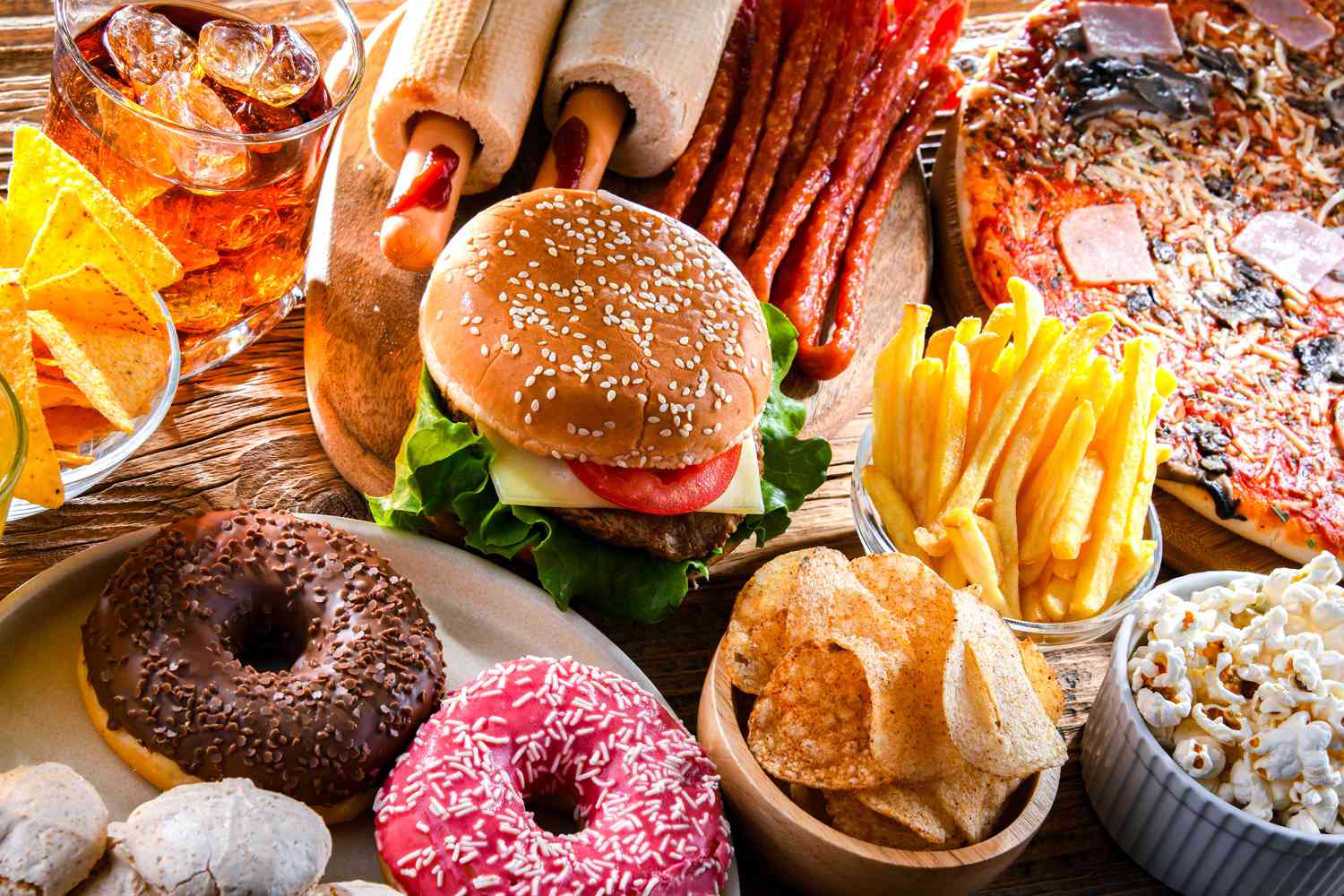
Craving your favorite junk food could be a sign of addiction, a new study suggests.
According to a study conducted by researchers in the United States, Spain and Brazil, and published in a special edition of the British Medical Journal, signs of ultra-processed food addiction were found in 14% of adults and 12% of children, as determined by the Yale Food Addiction Scale (YFAS).
Researchers pulled statistics from 281 studies across 36 countries and found that these numbers are “similar to the levels of addiction seen for other legal substances in adults,” including 14% in alcohol and 18% in tobacco, and that the level of implied addiction is “unprecedented” for children.
Ultra-processed foods, which include staple junk food items like chips, candy and sugary breakfast cereals, are high in ingredients like fats and carbohydrates. Researchers stated that the speed at which ultra-processed foods deliver ingredients to the gut may be crucial to their “addictive potential,” as they work faster than minimally-processed foods, and can also affect the brain quicker. Additives like flavor and texture may also be contributing factors.
Getty
Researchers determined that “behaviours around ultra-processed food may meet the criteria for diagnosis of substance use disorder in some people.”
According to Heathline, food addiction symptoms can include craving food when full and eating more than intended, among other signs. Food addiction is not currently classified in the Diagnostic and Statistical Manual of Mental Disorders (DSM-5-TR), which is used by health care professionals to diagnose mental disorders.
Getty
Other experts say that declaring certain foods as addictive is not a simple process. Erin Palinski-Wade, a registered dietitian nutritionist, told Fox Digital News that “food cravings are complex and tied into not just the nutrition profile of a food, but also the emotions and learned behaviors around eating.”
Palinski-Wade also noted that foods with high amounts of added sugars and fats are typically associated with high levels of cravings, which can lead to “addictive-like eating behaviors.” She was not involved in the original study.
Never miss a story — sign up for PEOPLE’s free daily newsletter to stay up-to-date on the best of what PEOPLE has to offer, from juicy celebrity news to compelling human interest stories.
Getty
Other factors may lead to choosing ultra-processed foods over minimally-processed foods. Speaking with Medical News Today, registered dietitian nutritionist Kelsey Costa, who was also not involved in the original study, suggested that making healthier food options more affordable through policy reforms may help with the issue.
“The social, economic, and structural factors contributing to the pervasive consumption of [ultra-processed foods] and their addictive potential remain significant challenges to public health,” she said. The BMJ study also noted that ultra-processed foods are a vital source of calories for people in various countries and that the food environments are not always equal within the same country.
Though addiction to ultra-processed foods is not “an official diagnosis,” as the study reiterates, researchers write that classifying it as such could ultimately benefit and “lead to novel approaches” across realms like social justice and clinical care.
“There is converging and consistent support for the validity and clinical relevance of ultra-processed food addiction,” Ashley Gearhardt, a University of Michigan professor who led the study’s research, said in a news release. “By acknowledging that certain types of processed foods have the properties of addictive substances, we may be able to help improve global health.”
